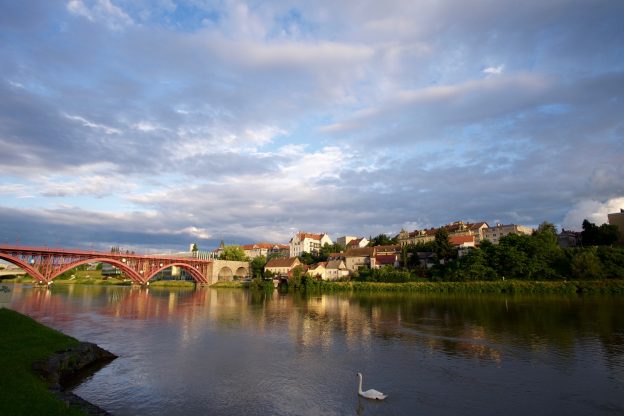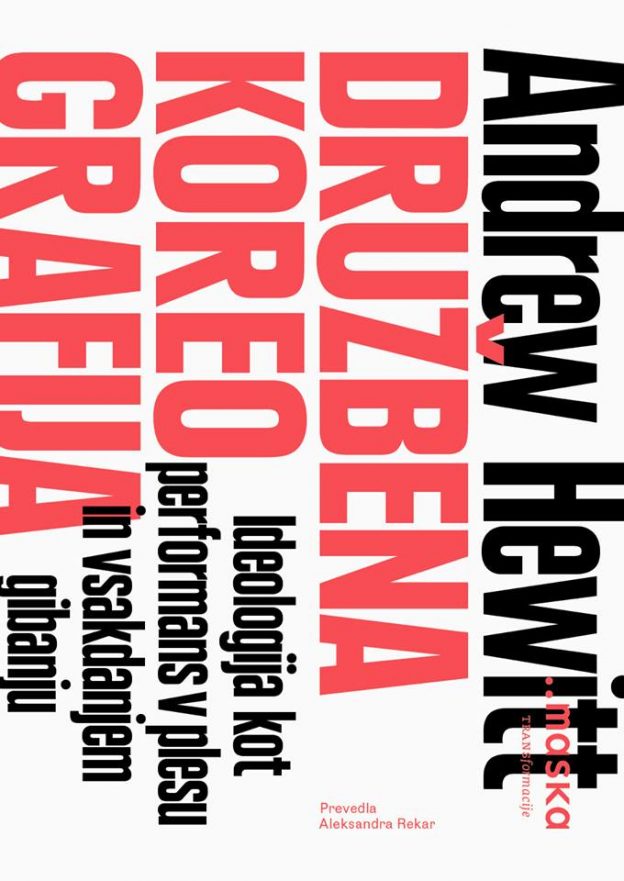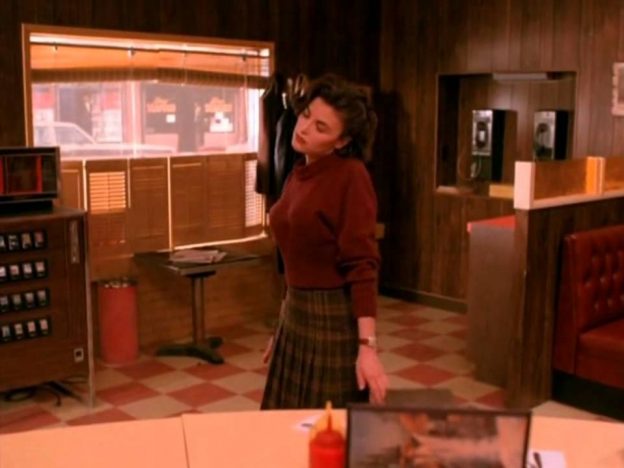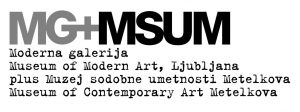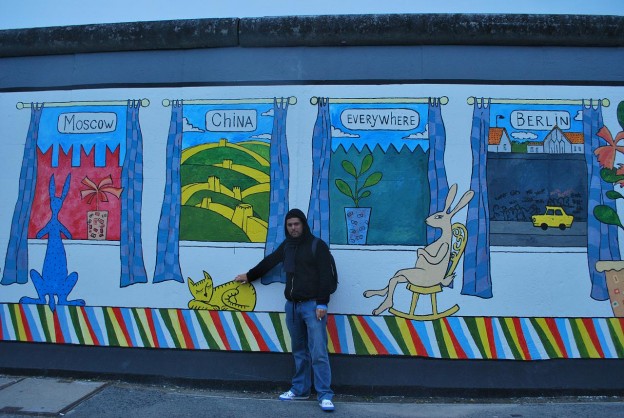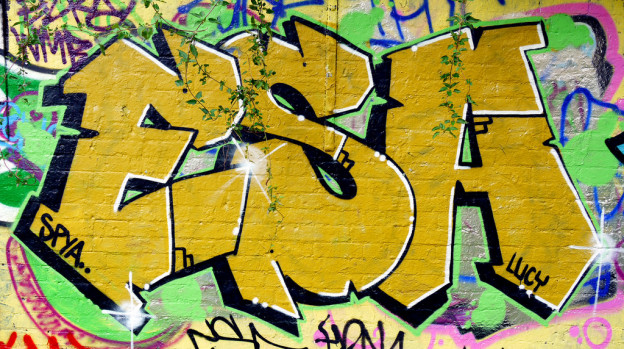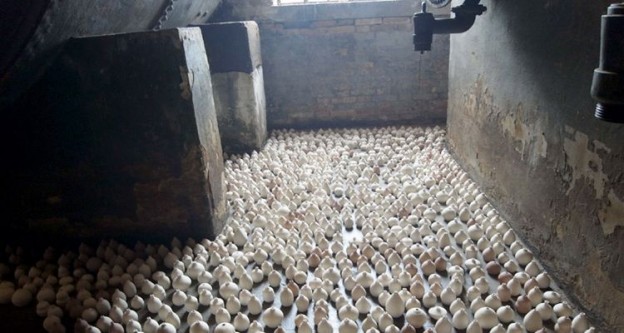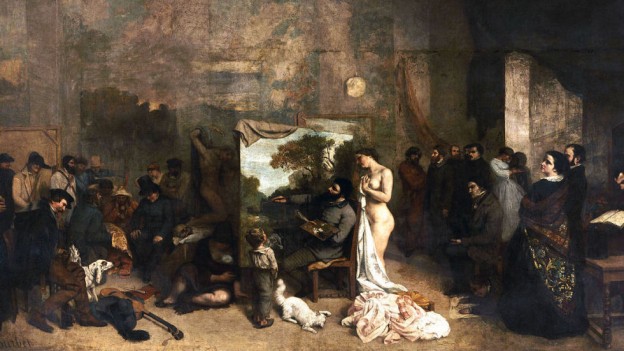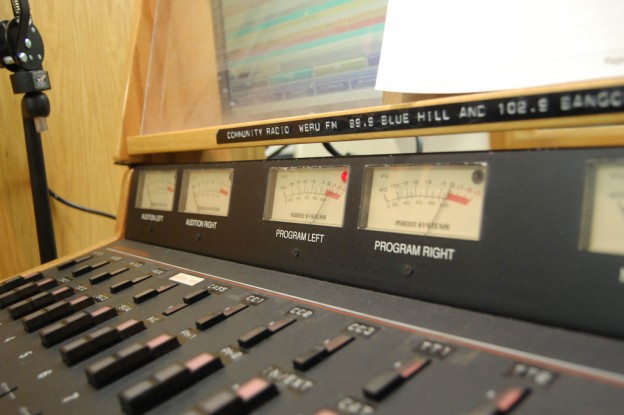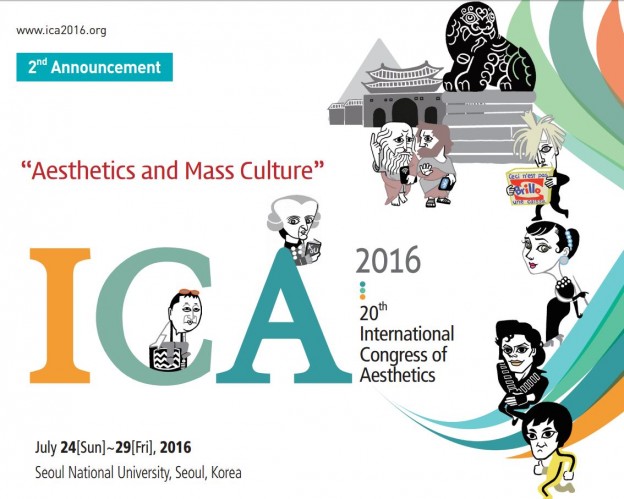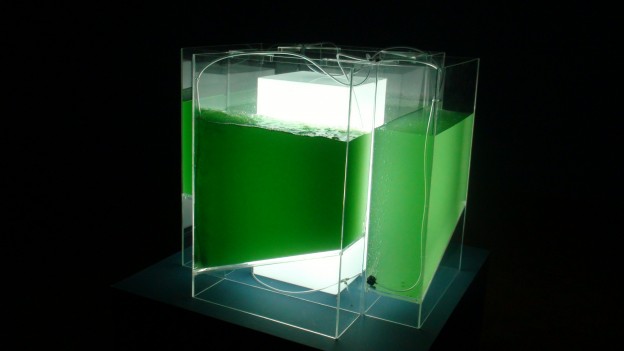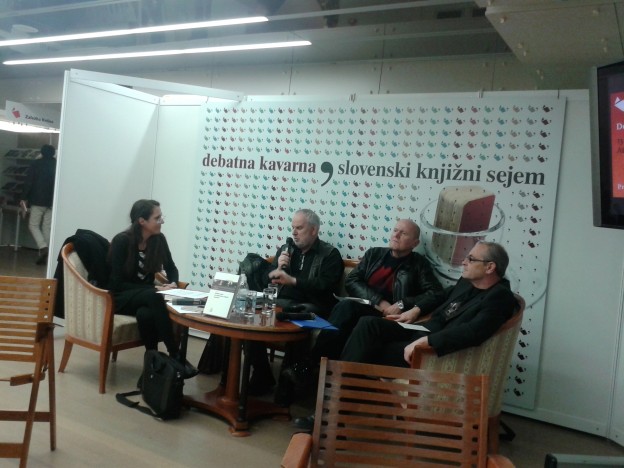Organized by the Slovenian Society of Aesthetics
Online, 17–18 June, 2021
The Slovenian Society of Aesthetics would like to invite you to attend the International Association of Aesthetics Interim Conference: European Avant-Garde – A Hundred Years Later that will take place online from the 17th until the 18th of June 2021.
Plenary Speakers:
- Sascha Bru (Belgium)
- Miško Šuvaković (Serbia)
Program and Book of Abstracts:
Call for Papers:
In the first decades of the twentieth century, avant-garde art emerged in different national cultures: France (Post-Impressionism, Fauvism, Cubism, Dada, Surrealism), Italy (Futurism), Germany (Expressionism, Dada, Constructivism, New Objectivity), Russia/Ukraine/Georgia (Symbolism, Neo-Primitivism, Cubofuturism, Constructivism, Suprematism), Switzerland (Dada), Netherlands De Stijl’s NeoPlasticism, Constructivism, Dada), England (Vorticism, Surrealism), Poland (Expressionism, Constructivism, Unism), Czechoslovakia (Cubism, Dada, Constructivism and Surrealism), Serbia (Expressionism, Cubism, Zenitism, Dada, Actionism, Surrealism), Croatia (Expressionism, Futurism, Cubism, zenitism, Dada, late Surrealism), Slovenia (Expressionism, Futurism, Dada, Constructivism), etc. In 1920 there was an avant-garde art rising in Novo mesto (Slovenia) called Novo mesto Spring. In Belgrade the Zenit art movement started off in 1921.
The 1920s were the years of the European avant-gardes. The European avant-garde was created by subverting or overcoming the hierarchical boundaries of the capitalist class society of high modernism. It was usually created in three modes:
- from the crisis of society, culture and art within stable and traditionally developed high modernism;
- by experimental development of artistic poetics of high modernism; and
- by criticism, provocation, subversion or destruction of modernist canons, i.e. as a revolutionary or anarchist reaction to the totalizing and canonical vision and version of modernism as the dominant and hegemonic rational and instrumental culture.
With the conference we wish to reconsider historical avant-garde and its legacy. How do we understand historic avant-garde today? What is its legacy? How the social, political, economic and cultural context has changed and what conditions are there today for open artistic creativity?
We invite considerations on the following topics:
- Reconsiderations of the European avant-garde from today’s perspective
- Studies in Eastern European and Central European avant-gardes
- The avant-garde legacy: connections between art and politics
- The avant-garde legacy: art, science, and technologies
- Avant-garde and society: autonomy of art?
The time allocated for a paper is 20 minutes, plus 10 minutes for discussion. Please send abstracts not exceeding 500 words (panels) or 300 words (individual papers) to info@sde.si no later than May 3 2021. Selection will be based on quality, relevance to the conference theme, and program considerations. Notification of acceptance will be sent out no later than by May 17 2021
Venue:
- Online (Thursday to Friday, 17–18 June 2021)
Conference program committee:
Polona Tratnik, Aleš Erjavec, Lev Kreft, Miško Šuvaković, Tyrus Miller, Curtis Carter
Conference organizing committee:
Polona Tratnik, Arnela Abdić, Stella Aslani, Mojca Puncer, Jan Babnik, Tomaž Toporišič
